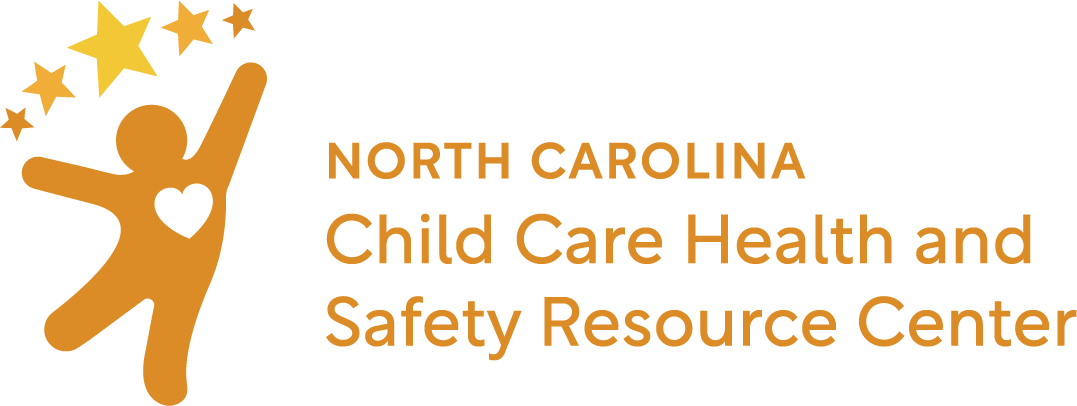Staff Health and Wellness
Child Care Health Consultant Competency 16: Staff health and wellness
(Source: Early Childhood Learning & Knowledge Center, Child Care Health Consultant Competencies)
The CCHC helps programs develop policies and procedures to protect staff from injury and illness. A CCHC also:
- Helps programs develop and implement staff health and safety policies in accordance with OSHA regulations, the Americans with Disabilities Act, and best practices, such as the CFOC standards
- Helps programs identify procedures to ensure staff health that include review of health appraisals and immunizations
- Helps programs monitor procedures to ensure staff are protected from blood borne pathogens by implementing annual Standard Precautions training and a program-specific exposure control plan
- Helps programs develop procedures for staff to safely use toxic substances
- Helps staff identify practices to support proper body mechanics
- Helps programs educate staff on best practices for preventing illness and injury, including risks to staff who are pregnant
The CCHC encourages programs to promote wellness by creating an environment that enhances workers’ physical and mental health. A CCHC also:
- Supports programs’ efforts to provide accommodations for staff with allergies, special health needs, and who are pregnant or breastfeeding
- Advises programs on enacting a comprehensive program for stress management and reduction
- Connects programs to resources and training to promote staff wellness and resilience
- Encourages programs to consider strategies to help staff feel valued, respected, and comfortable discussing concerns
- Helps programs promote staff health through nutrition and physical activity
- Helps programs maintain and promote a current list of community resources (or an employee assistance program) that can help staff address issues related to health, mental health, substance misuse, financial stability, food security, housing, and domestic violence
Find a CCHC in your community.
Featured Initiatives and Resources:
Additional Resources
- Annual Recommended Immunizations for Adults
This is the Centers for Disease Control (CDC) recommended Immunization Schedule for Adults Aged 19 Years or Older. - Childcare Worker Safety Fact Sheet
This resource provides information for childcare workers to help them pay attention to their own safety in the workplace while nurturing children. - Getting Started with Mindfulness
This resource is a toolkit for early childhood organizations to support the practice of implementing mindfulness techniques into daily work and organizational culture. - Hope4NC
Hope4NC is a free service that provides free and confidential emotional support, counseling referrals and community resources. - Infant Toddler Trauma Informed (ITTI)
The ITTI Care Project is committed to partnering with early care and education systems across the state of North Carolina to promote a strong and resilient early care and education workforce and early childhood system of care. - Staff Health in Early Care and Education Programs
This document describes the major occupational hazards in early care and education programs and how to identify opportunities to promote staff health in the areas of nutrition and physical fitness. - Your Healthiest Self Wellness Toolkit
This resource provides toolkits that highlight evidence-based tips for living well and improving health. Here strategies and tips on topics such as Disease Defense, Feelings, Body, Surroundings and Relationships can be found.


